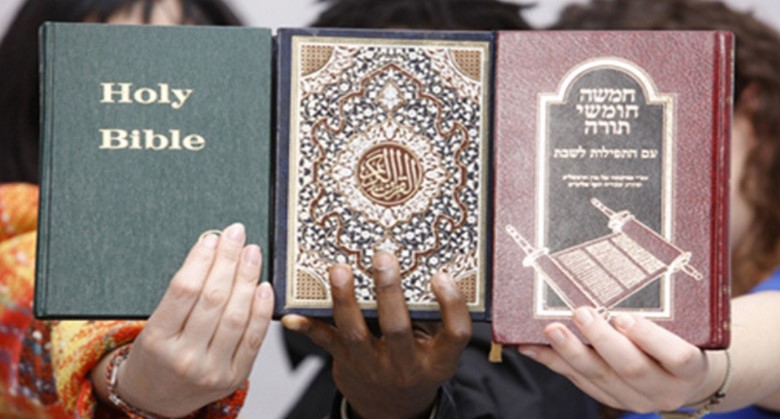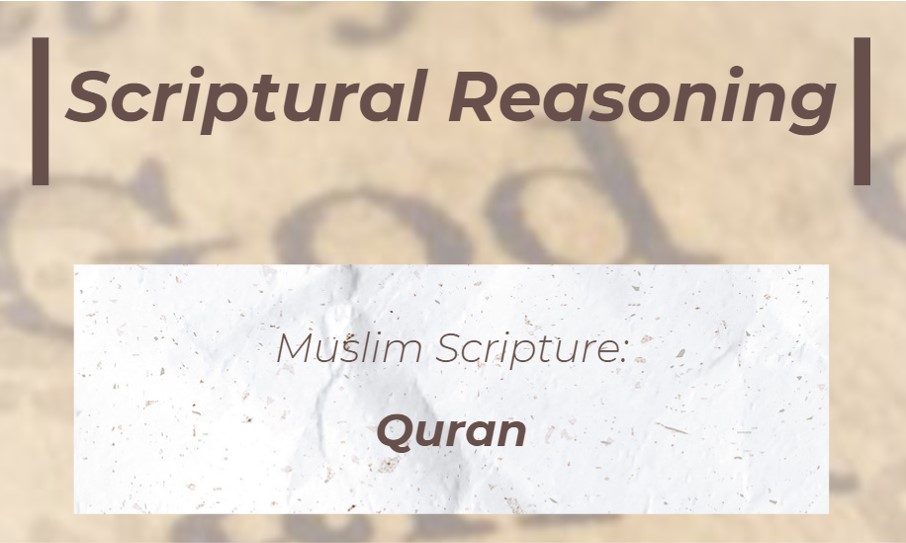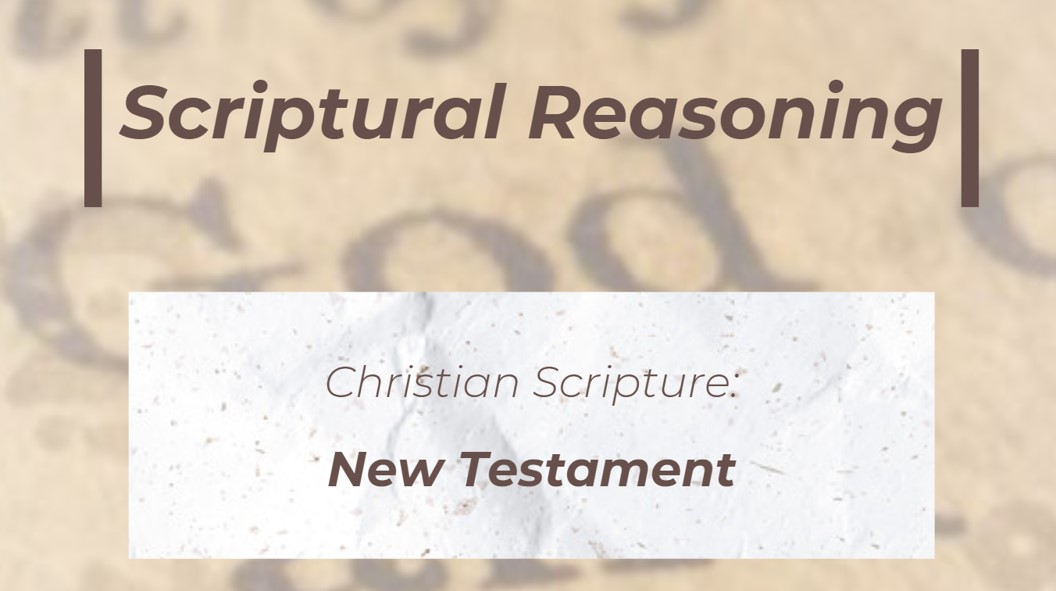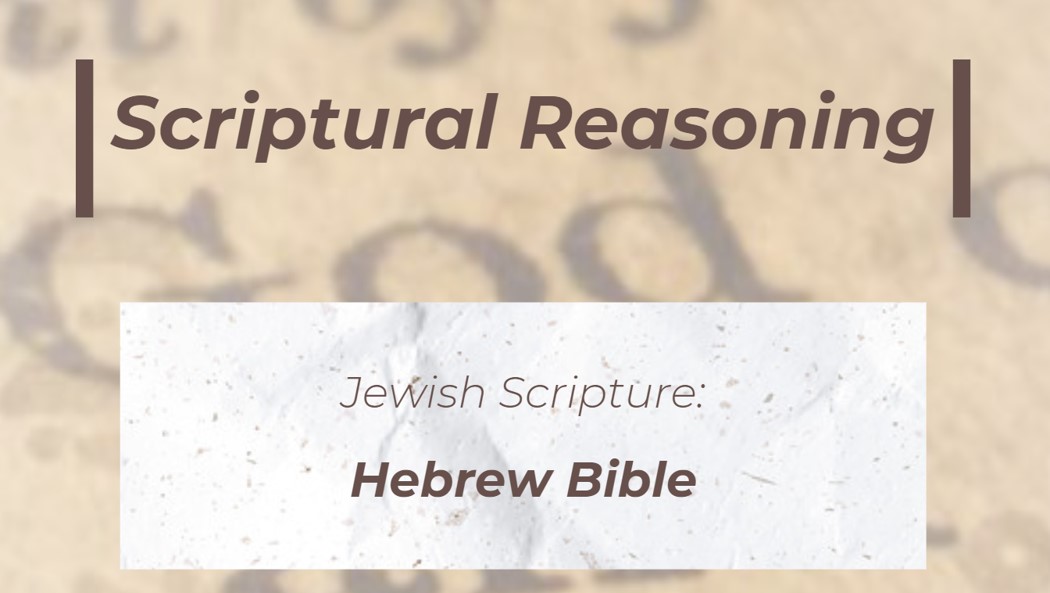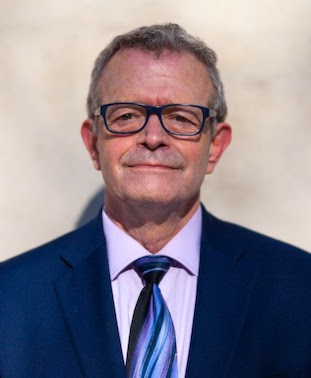Rumi Forum had its monthly circle on March 21, 2024, to study Abrahamic scriptures, followed by an Iftar, on “Riots and Rebellion” with our study leader Rev. Larry Golemon from Washington Theological Consortium.
Scriptural Reasoning (SR) allows Christians, Jews, and Muslims to study each other’s sacred texts. SR participants meet monthly to read short passages on a topic from their respective scriptures. Facilitated by a study leader, each session is an opportunity to listen and share various perspectives. SR sessions help participants reflect on a curious list of topics within the Abrahamic tradition. The result is often a deeper understanding of others and one’s scriptures and the development of strong bonds across faith communities.
Scriptural Reasoning: Introduction Islamic Scripture: Quran
Christian Scripture: New Testament Jewish Scripture: Hebrew Bible
Program Outline:
6:00 – 7:15 pm – Scriptural Reasoning session on “Riots and Rebellion”
7:25 – 8:30 pm – Iftar dinner and conversations at the table
This Month`s Study Leader
Rev. Larry Golemon, Ph.D., is the Executive Director of the Washington Theological Consortium. Larry has served the wider church in various capacities: youth minister, local pastor, college and seminary professor, missionary, and researcher. He received a B.A. in History from Stanford University, a Master of Divinity and a Master of Sacred Theology from the Yale Divinity School, a ThM from Columbia Theological Seminary, and a Ph.D. in contemporary theology from Emory University’s Graduate Division of Religion. He is an ordained Presbyterian minister (PCUSA).
As a researcher, Dr. Golemon was an associate for the national study of theological education by the Carnegie Foundation for the Advancement of Teaching and co-authored their findings in Educating Clergy (2006). He taught at the Dominican University of California and the GTU. He directed their research project entitled “Sacred Visions and the Social Good,” which explored religion in public life among Buddhists, Sufis, Native Americans, and faith-based Catholic and Protestant parishes. While at the Alban Institute in Virginia, he directed the Narrative Leadership project, which explored the story-based transformation of congregational life. He also coordinated the “Ecumenical Project” at Virginia Theological Seminary, identifying capacities and new possibilities for ecumenical teaching and learning. He continues to write in theological education, with a new book entitled “Clergy Education in America: Religious Leadership and American Public Life, 1785-1935” (Oxford Press, 2021). The book analyzes how Protestants, Catholics, and Jews have educated clergy for American society, specifically as culture-builders in religious and public life. Later, schools for woman, African Americans, and the white working class followed suit in their own distinctive ways.







